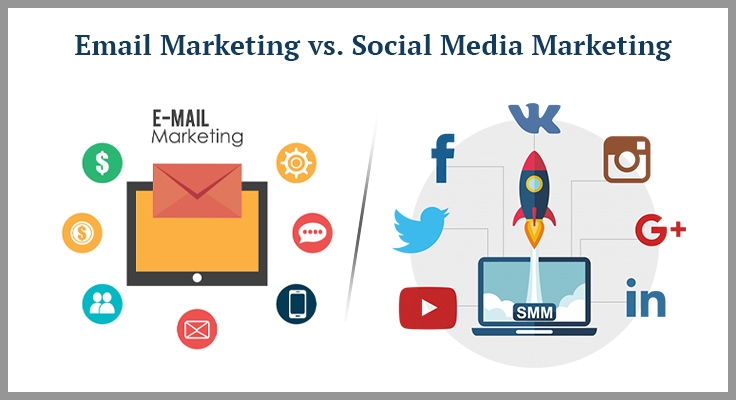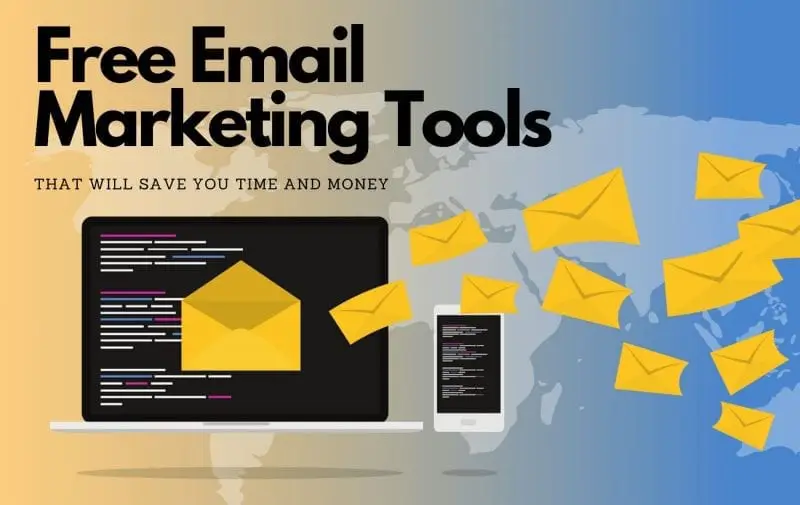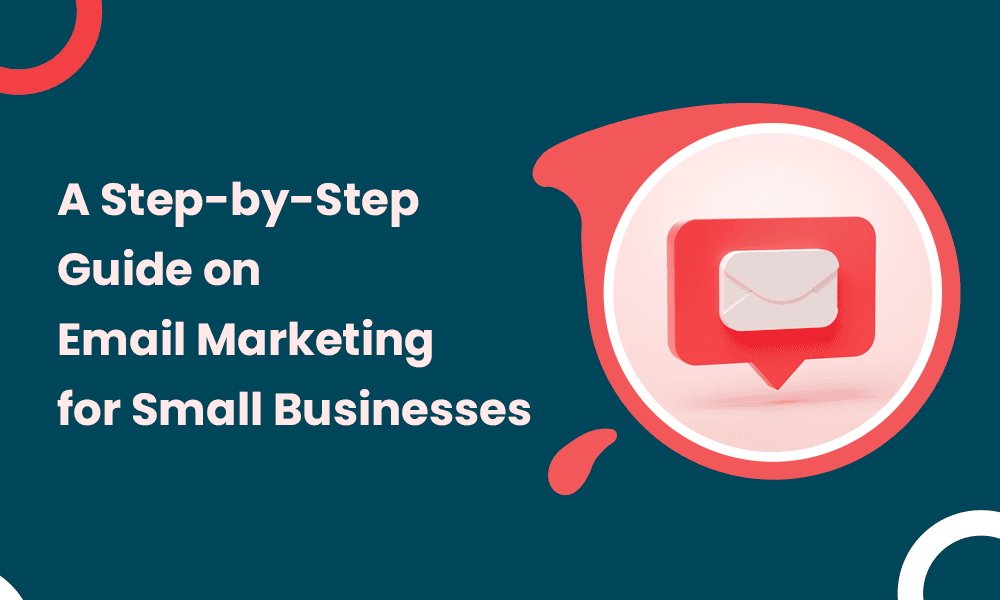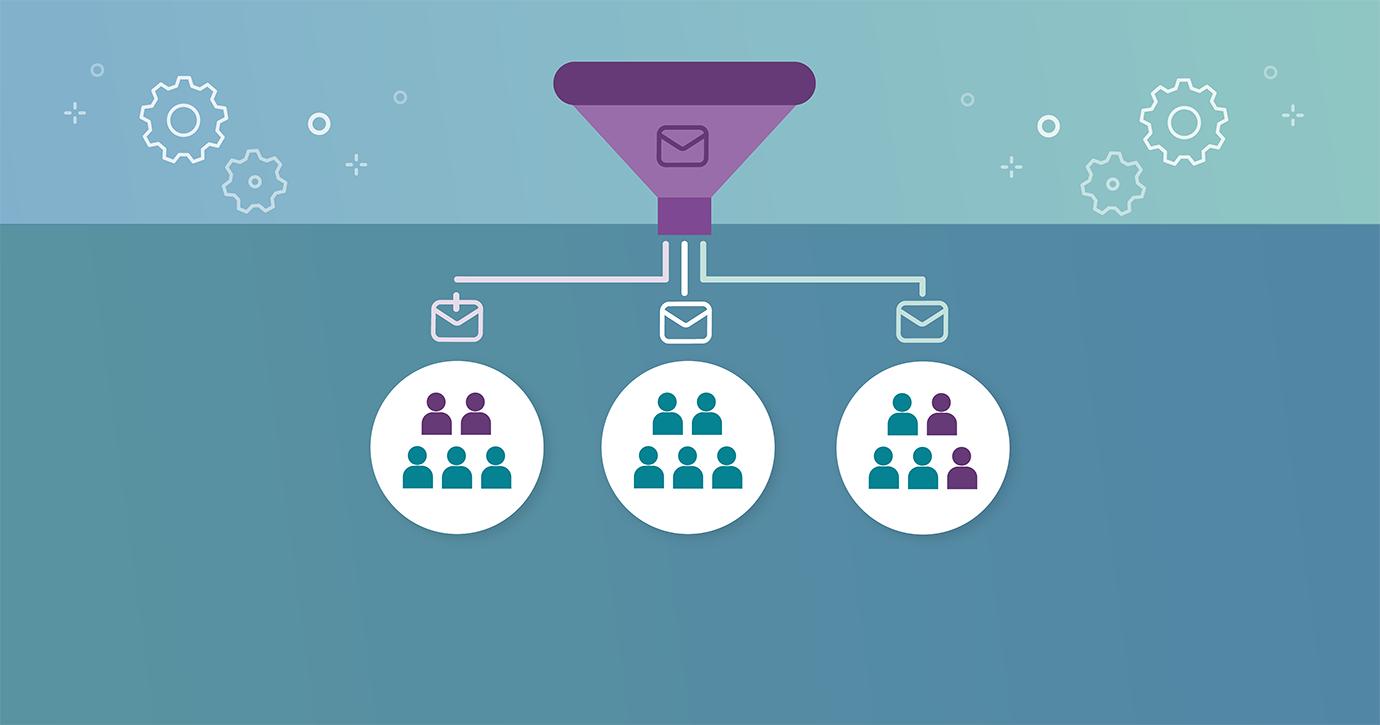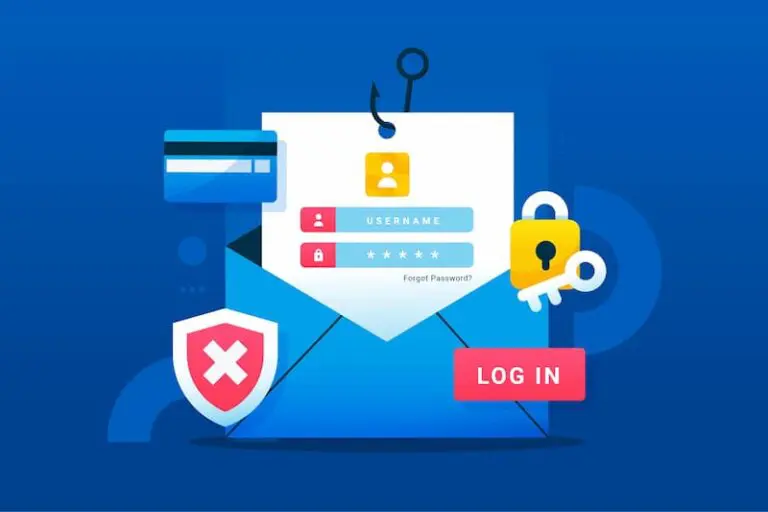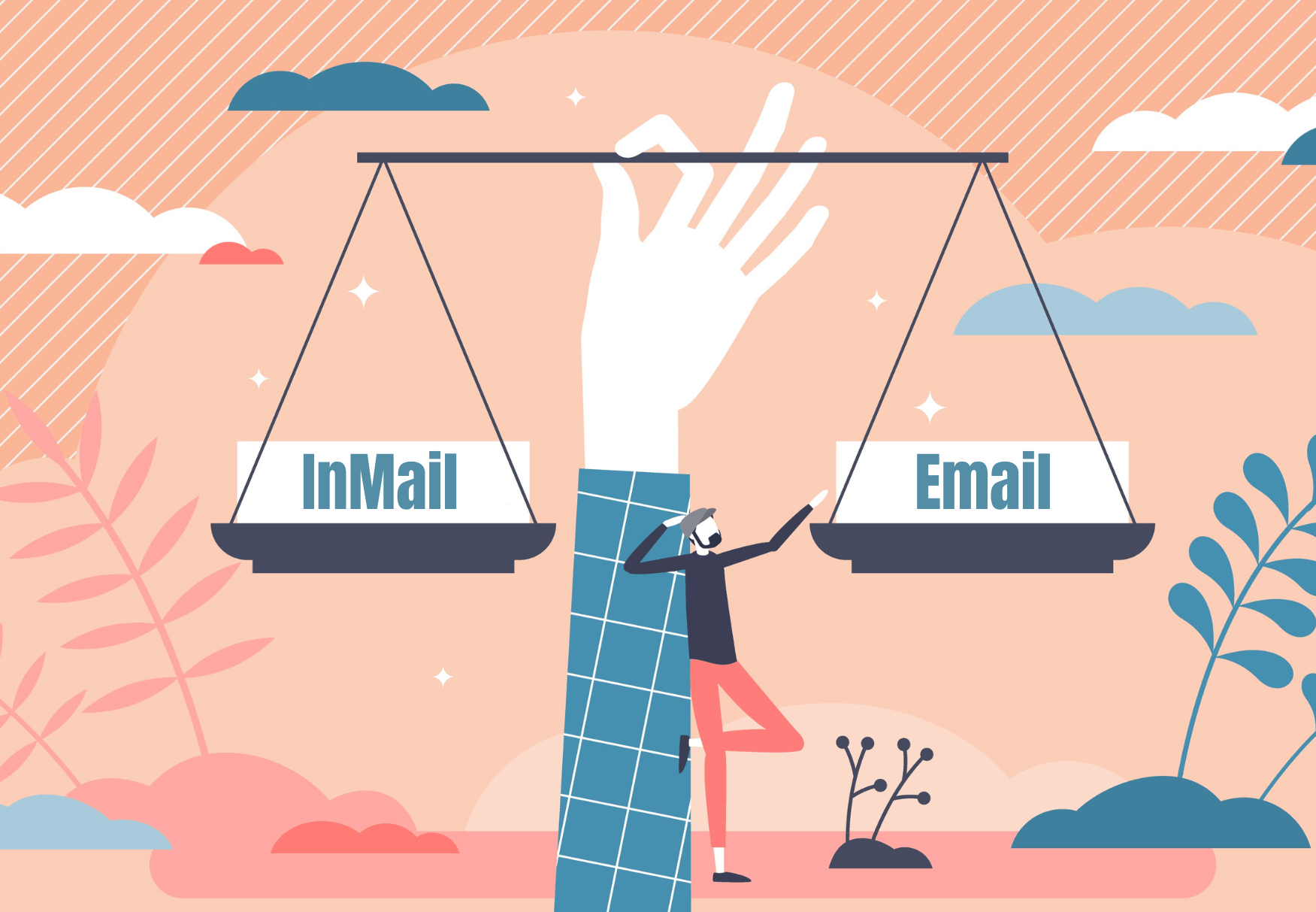Thanks to email, businesses can communicate with customers across the globe in a matter of minutes. The scale of email’s potential is enormous—more than 3.9 billion email addresses worldwide give businesses ample opportunity to engage new audiences. When used effectively, email plays a vital role in building lasting, profitable relationships between small businesses and their customers.
Email is considered the most critical factor in marketing success by over 40% of B2B marketers. Meanwhile, 80% of business professionals say email is a vital component of customer retention. In fact, email marketing can deliver one of the highest returns on investment of any marketing channel—achieving $52 for every dollar spent in 2019. Additionally, 73% of consumers say email is their preferred marketing channel.
Every marketing channel has its strengths. Social media offers visible engagement through likes and shares, while print and broadcast marketing provide brand credibility. Yet for over a decade, email marketing has consistently delivered excellent results.
Here’s a quick guide to what email marketing is, why it matters, and how it can help your business grow.
What is Email Marketing?
At its core, email marketing is marketing conducted via email. But effective email marketing is about more than sending messages—it’s about building relationships.
We’ve all seen poor examples of email marketing. Just look at your spam folder: clickbait, phishing attempts, and disruptive content. This type of email gives marketing a bad reputation. But businesses that excel at email marketing take a more strategic, customer-centric approach.
Sophisticated email marketing is a two-way conversation where the customer is as engaged as the brand. Long-term success comes from earning subscribers, understanding their needs, maintaining communication, responding to concerns, delivering value, and continuously improving based on audience feedback.
There are many ways to use email marketing. Here are a few proven tactics:
Welcome Emails
The most important email a brand can send is a welcome email. Typically the first message a new subscriber receives, it sets the tone for the relationship and establishes expectations. Welcome emails often achieve the highest open rates and are critical for making a strong first impression.
Newsletters
Newsletters help you keep your audience informed with regular updates—weekly, monthly, or bi-monthly. They’re a great way to share news about your company, products, or industry. You can also use newsletters to highlight customer reviews, new research, or valuable insights.
Special Offers
Email is one of the fastest and most effective ways to promote sales and special offers. Personalization makes these emails even more powerful—for example, letting customers know when a product they like is on sale or sending exclusive discounts to loyal customers.
Brand Updates
Email is a reliable channel for sharing important updates about your brand, such as product changes, new services, or events. Transactional emails, such as order confirmations and shipping notifications, are now expected by customers and help build trust.
Reminders
Automated reminder emails, such as abandoned cart campaigns, encourage customers to complete purchases they’ve left behind. Product retargeting emails also help re-engage potential buyers.
Special Occasion Emails
Many brands send emails to mark special occasions, such as birthdays or anniversaries. Personalized content makes customers feel valued and strengthens relationships.
For even more ideas, explore email templates from platforms like Mailchimp and review best practices before launching your first campaign.
Why is Email Marketing Useful?
All marketing aims to build relationships. Ultimately, both the brand and the customer want something from each other. The most effective marketing fosters connections and trust between businesses and their audiences—and this is where email excels.
Opening an email requires more intention than scrolling past an ad on social media. When someone clicks on your email, they’re choosing to engage with your content.
Once you’ve earned a spot in a customer’s inbox, you can communicate with them on a highly personal level. Email is inherently a one-on-one communication channel, and the best strategies leverage this to deliver relevant, tailored messages.
Email marketing allows you to:
- Speak directly to individual customers
- Send personalized content and offers
- Address specific concerns
- Build lasting loyalty
It’s also an extremely versatile channel. With well-crafted campaigns, you can share a wide variety of content and messages. As long as you stay relevant and valuable, there are virtually no limits to what you can communicate via email.
How Can Email Help My Business?
Email marketing delivers high returns with minimal investment, reaches large audiences, and helps retain customers. It’s a popular choice for good reason.
In addition to driving revenue, email helps you understand your audience and grow your business. It provides one of the closest forms of direct communication with your customers—short of face-to-face interactions. But while in-person conversations are resource-intensive, email offers a scalable and measurable way to engage your audience.
Modern email marketing tools make it easy to gather and analyze data. You can track open rates, clicks, engagement, and other metrics across different audience segments.
Why does this matter? Because marketing success is repeatable when informed by data. While some campaign success may involve luck, the ability to measure and analyze performance enables you to refine and replicate what works.
Email marketing provides a valuable feedback loop, offering insights not only into campaign performance but also into customer preferences and market trends. In this way, email becomes both a powerful marketing tool and a strategic asset for keeping your business aligned with customer needs and industry developments.
